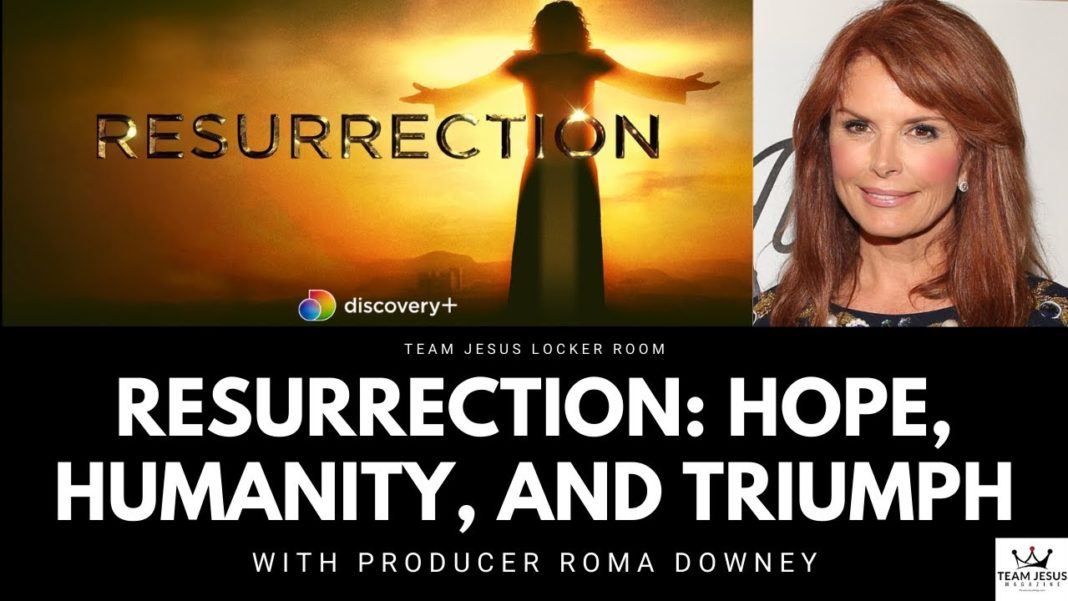Self-Pity Whispers
“I never have time to….”
“I’m the only one in the world who…”
“I won’t ever get a chance to…”
This is how I began my sentences yesterday — trying to work from home with a toddler vying for every ounce of my attention and a husband calling for a minute of relief from his own stresses. I chose to dwell on thoughts prompted by these words. I let them overwhelm me, consume me, then leave me defeated in an hours-long episode of fruitlessness.
I’ll be completely honest, yesterday wasn’t the first time. It’s become something of a habit for me, this self-pity silliness. And, I’m sure you’d agree – it can wreak havoc on your mental health. What I’m reluctant to admit is why it has remained. At times, this deadly habit appears to be a comfort, a friend, that is, before it attacks our peace.
God’s Word to the Rescue
Enter God’s word, the life-giving truth that satisfies our deepest longing for solace and relief.
“Every wise woman builds her house, but with her own hands the foolish tears hers down.” Proverbs 14:1
I know which one of these two women I want to be, but wallowing in self-pity steers me in the opposite direction. Have you ever felt justified, obligated even, to indulge in this mindset? Who else will acknowledge my loneliness or bandage the bruises that bombard the thankless job of motherhood or {insert your role}?
We hear about the dangers of eating sweets or carbs and refrain from the pleasure of a moment on our lips to avoid a lifetime of damage to our hips. The same principle applies to sin. Partaking in our flesh’s urge to complain about our current situation can result in much more disturbing thoughts.
Is Your Self-Pity Dramatic, Too?
Our friend, Jonah, was a prophet, called to share God’s message. We know the story but focus on Jonah’s reaction to God’s compassion on the people of Nineveh. But, what about Jonah’s antics?
“Just kill me now, Lord! I’d rather be dead than alive if what I predicted will not happen.” Jonah 4:3
Jonah sulked and pitied himself because of what God had called Him to do (because he didn’t get his way). That mindset led him to an extremely depressive state, and that’s the only thing it will do for us as women.
We are called to build up our homes, strengthen our families and that begins with strengthening ourselves. We must nip the weakening spirit of self-pity in the bud and continue on the path God has for us. Yes, we have the power to do it!
So, What’s the Play Call?
“…let us strip off every weight that slows us down, especially the sin that so easily trips us up. And let us run with endurance the race God has set before us.” Hebrews 12:1
That scripture goes on to detail how we do it – by keeping our eyes on Jesus! As women, especially those of us who have the privilege to raise children, we have an incredible responsibility and our mental health is of utmost importance to our well-being and that of our families.
Let’s take our eyes off of ourselves and focus on our Savior, the One who gives us strength. Know where your help comes from! You don’t have to do it all – alone – when the hills of the Lord are standing by to heal, supply, help, and comfort you (Psalm 121:1).






“Self-pity is the response of pride to suffering… Self-pity says, ‘I deserve admiration because I have sacrificed so much.’ Self-pity is the voice of pride in the heart of the weak… Self-pity sounds self-sacrificing…. The reason self-pity does not look like pride is that it appears needy. But the need arises from a wounded ego and the desire of the self-pitying is not really for others to see them as helpless, but heroes. The need self-pity feels does not come from a sense of unworthiness, but from a sense of unrecognized worthiness. It is the response of unapplauded pride.” -John… Read more »